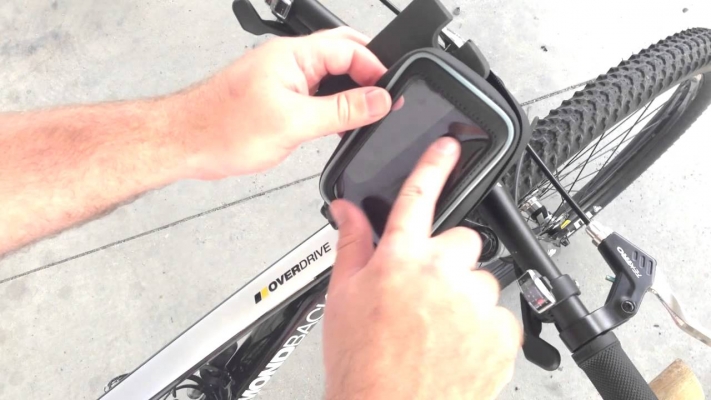The video begins at 1:47.
Joseph Broach, PhD candidate in Urban Studies, will discuss the results of his research, which models the propensity of children aged 6-16 to walk or bike to parks and school without an adult chaperone, extending existing work on children’s active travel in several ways: 1) focus on travel without an adult, 2) inclusion of school and a non-school destinations, 3) separate walk and bike models, 4) consideration of both parent and child attitudes and perceived social norms, 5) explicit inclusion of household rules limiting walking or bicycling.

